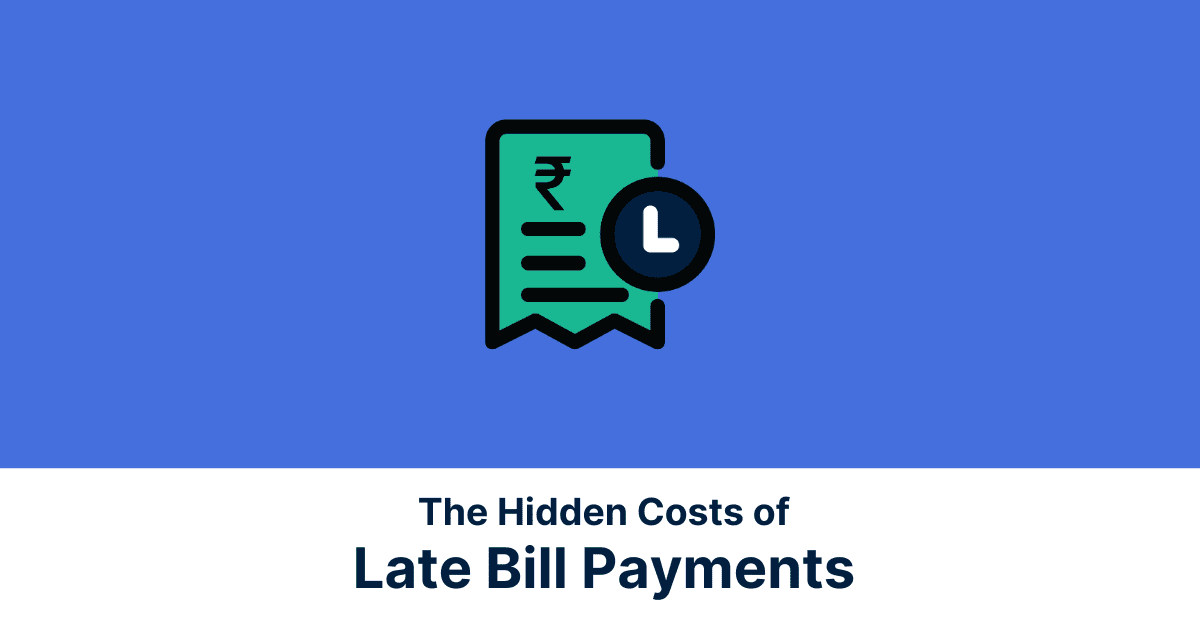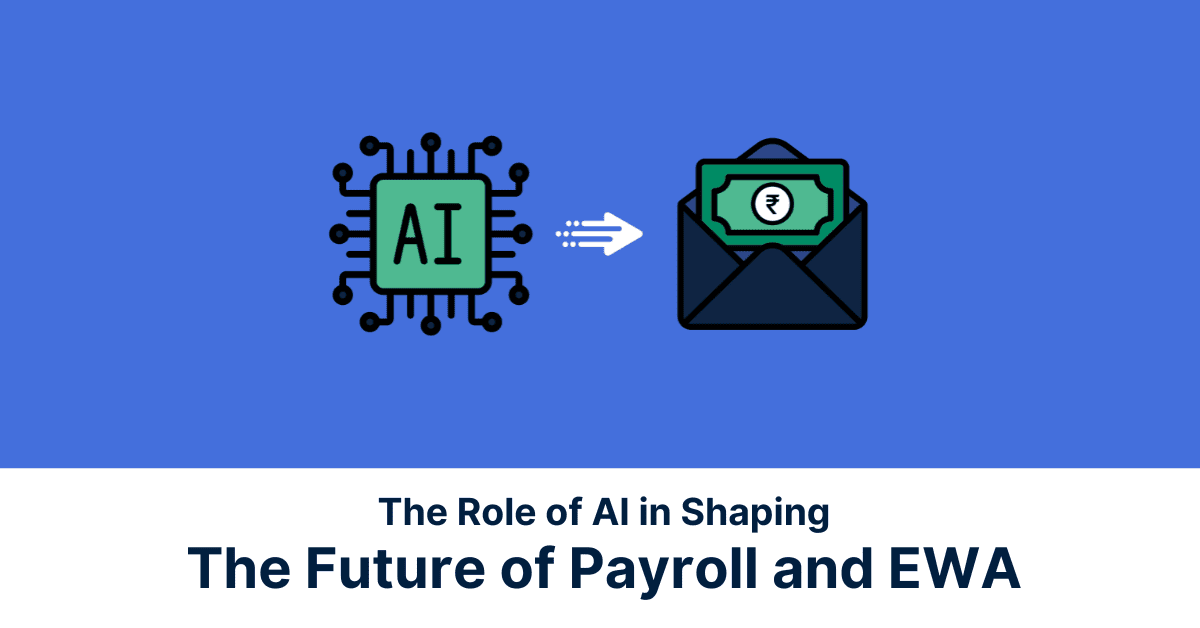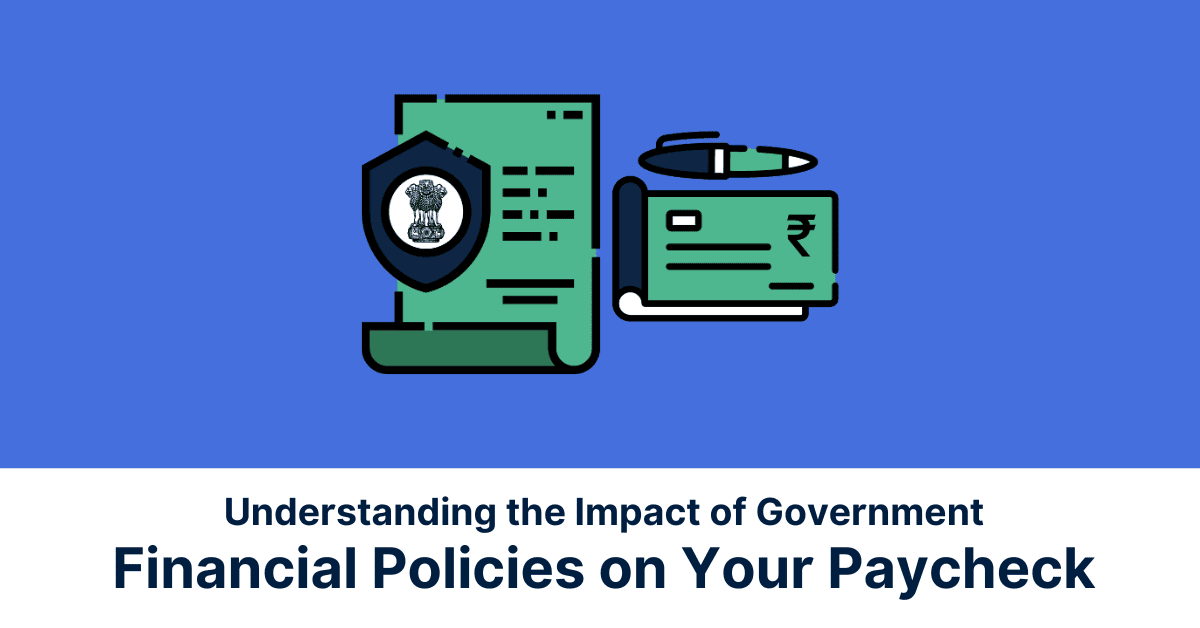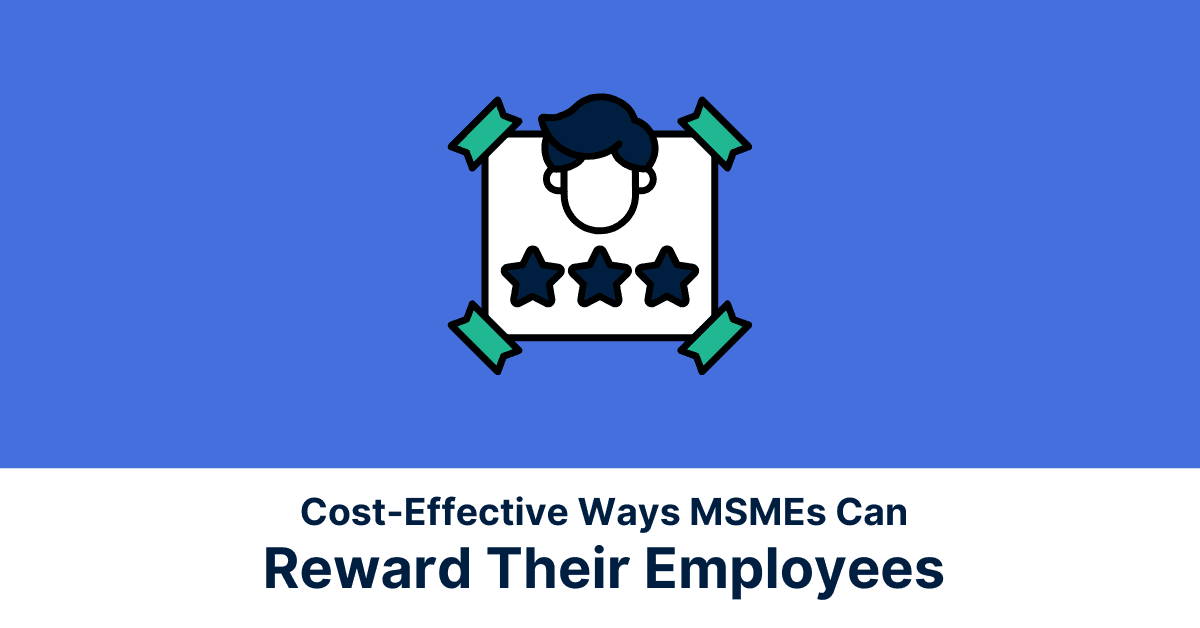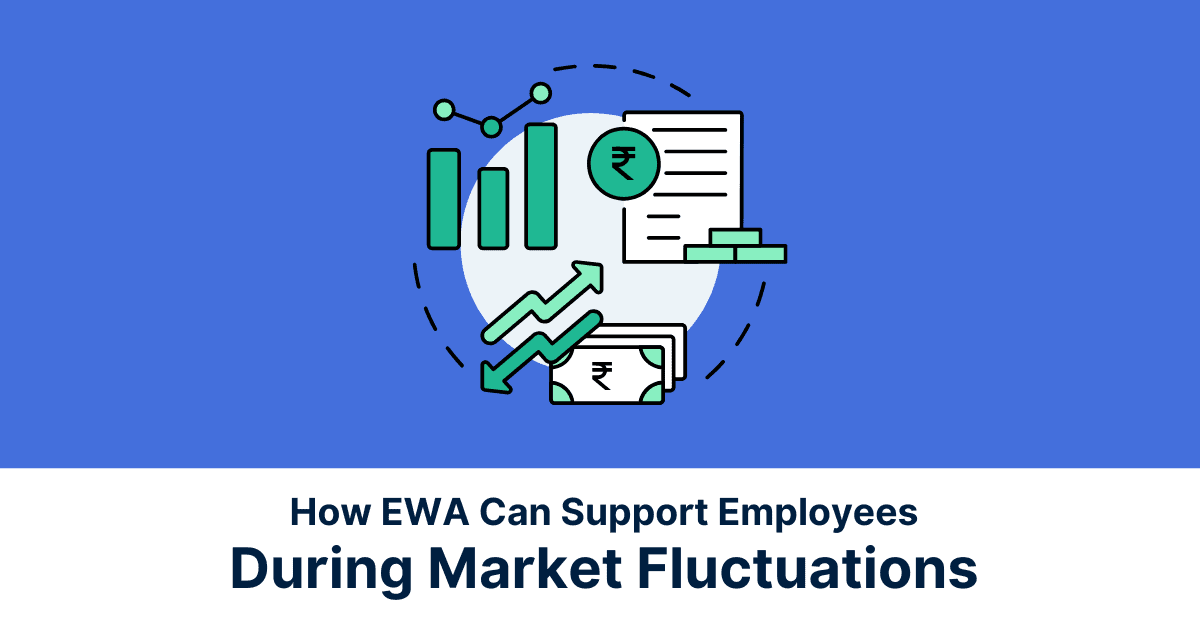In India, complying with labour laws is essential for employers. The Ministry of Labour and Employment plays a crucial role in setting and enforcing regulations for employee benefits. Offering these mandatory benefits not only fulfils legal obligations but also contributes to a happier and more engaged workforce.Failing to provide these benefits can lead to high financial penalties, making it crucial to understand the requirements and implement them effectively.
By understanding the dual advantage of offering these benefits, you can create a compelling compensation package that sets your company apart in the talent acquisition pool
Let’s look at employee benefits that are eligible for tax exemption under India’s Income Tax laws, helping you save on taxes:
Tax-Efficient Benefits For Employers
1. Group Health Insurance for Employees:
Reducing your tax burden while offering top-notch benefits is possible through group health insurance, here is why:
- Tax-deductible expenses: The entire premium you pay to insure your employees is considered a business expense and can be deducted from your taxable income in accordance with the Indian Income Tax Act, of 1961. This translates to significant tax savings for your company.
- Clear regulations: The Insurance Regulatory and Development Authority Act, 1999, recognizes this tax benefit as an “employer entitlement,” solidifying its legality.
- Sharing the cost: If your company shares the premium cost with the employees, you can still claim a tax deduction for the portion you contribute.
2. Employee Stock Ownership Plans (ESOP):
ESOPs offer several tax benefits to both companies and employees. Companies can make tax-deductible contributions to the ESOP trust to buy company stock, and employees can defer paying taxes on the stock they receive through the ESOP until they sell it.
Employers can claim a tax deduction for the cost of the shares issued to employees under the ESOP scheme. The deduction is allowed in the year the employee exercises the option and acquires the shares.
3. Training and Skill Development:
In India, it is a win-win situation for companies and their workforce when it comes to skill development programs. Section 35CCD(1) of the Income Tax Act offers a significant tax incentive. Companies can claim a full deduction on any expenditure incurred on skill development projects approved by the Central Board of Direct Taxes. This incentivizes businesses to enhance the capabilities of their employees through various skill development initiatives.
However, it’s important to note that this deduction is exclusive to companies and cannot be claimed by individuals. Additionally, Section 35CCD(2) prevents double-dipping by ensuring companies cannot claim the same expenditure for deductions under any other provision of the Income Tax Act.
By investing in their workforce development, companies gain a competitive edge while contributing to the nation’s economic progress. Ultimately, understanding and leveraging these tax benefits creates a win-win situation for both companies and the broader economy.
4. Provident Fund (PF):
PF is not just a savings instrument for employees; it also offers tax benefits for employers. Contributions made towards the Employee Provident Fund (EPF) are tax-deductible for the employer. The employer’s contribution of up to 12% of the employee’s basic salary is exempt from tax under Section 80C of the Income Tax Act.
Tax-Efficient Benefits For Employees
1. House Rent Allowance (HRA):
This can offer a welcome relief when it comes to managing your monthly rent in India. HRA is a valuable tool that can help reduce your tax liability. By understanding and utilising HRA, you can take advantage of a valuable tax benefit and ease the burden of your monthly rent payments.
Here’s how it works:
HRA is calculated based on the lowest of three values
- Actual HRA received from your employer
- A specific percentage of your salary based on city type (50% for metro cities, 40% for others)
- Actual rent paid minus 10% of your salary
Under Section 10(13A) of the Income Tax Act, a portion of the HRA you receive may be exempt from taxes, further reducing your tax burden.
To claim this exemption, ensure you have the following documentation:
- Rent receipts
- Valid rent agreement
2. Employee Provident Fund (EPF):
EPF is a joint savings scheme where both you and your employer contribute 12% of your basic salary and dearness allowance towards your retirement fund
What makes EPF an attractive option?
- Guaranteed returns: The EPF account earns an attractive interest rate, helping your savings grow steadily over time.
- Tax benefits: Contributions to your EPF account qualify for tax deductions under Section 80C, and the interest earned is also tax-free.
- Long-term security: Early withdrawals before five years of service are subject to tax, this encourages long-term savings and financial security in retirement.
3. Health Insurance:
Many companies in India recognize the importance of healthy and financially secure employees. That’s why they offer health insurance as a valuable employee benefit. This offers a two-fold approach to support your well-being:
(a) Comprehensive Coverage:
- When your employer pays your health insurance premium, it’s generally exempt from taxes under Section 10(14) of the Income Tax Act. This translates to increased take-home pay without compromising your health coverage.
(b) Additional Financial Support:
- Some companies offer medical expense reimbursements of up to ₹15,000 per year, which are also tax-exempt. This provides additional financial support for unexpected medical needs.
3. Leave Travel Allowance (LTA):
This valuable employee benefit helps you save on travel expenses while exploring the diverse landscapes of a destination.
Here’s what LTA offers:
- Reduced tax burden: LTA is exempt from income tax under Section 10(5) of the Income Tax Act, allowing you to stretch your travel budget further.
- Family coverage: LTA covers the travel expenses of you and your family, making it perfect for creating lasting memories together.
Important points to remember:
- Limited exemption: The tax exemption applies to two journeys within a block of four calendar years.
- Covers transportation only: LTA is limited to covering the cost of travel, excluding expenses like food, accommodation, and sightseeing.
Conclusion
Now, we’ve seen that offering tax-efficient employee benefits creates a win-win situation for both employers and employees in India. By providing tax-saving options, employers can craft compelling compensation packages that not only attract top talent but also optimise financial resources.
The strategic movies aren’t just about fulfilling legal requirements; they signify a commitment to a happier, more engaged workforce while reaping the fiscal rewards of meticulous planning. For employees, these benefits translate into increased take-home pay, enhanced well-being, and a more secure future.
Remember, this is just a starting point. Consulting with a tax professional to ensure compliance and tailor your benefit offerings to your specific needs is crucial for maximising the benefits for your company and your workforce.
*Disclaimer:
The information contained herein is not intended to be a source of advice concerning the material presented, and the information contained in this article does not constitute investment advice. The ideas presented in the article should not be used without first assessing your financial situation or without consulting a financial professional.


